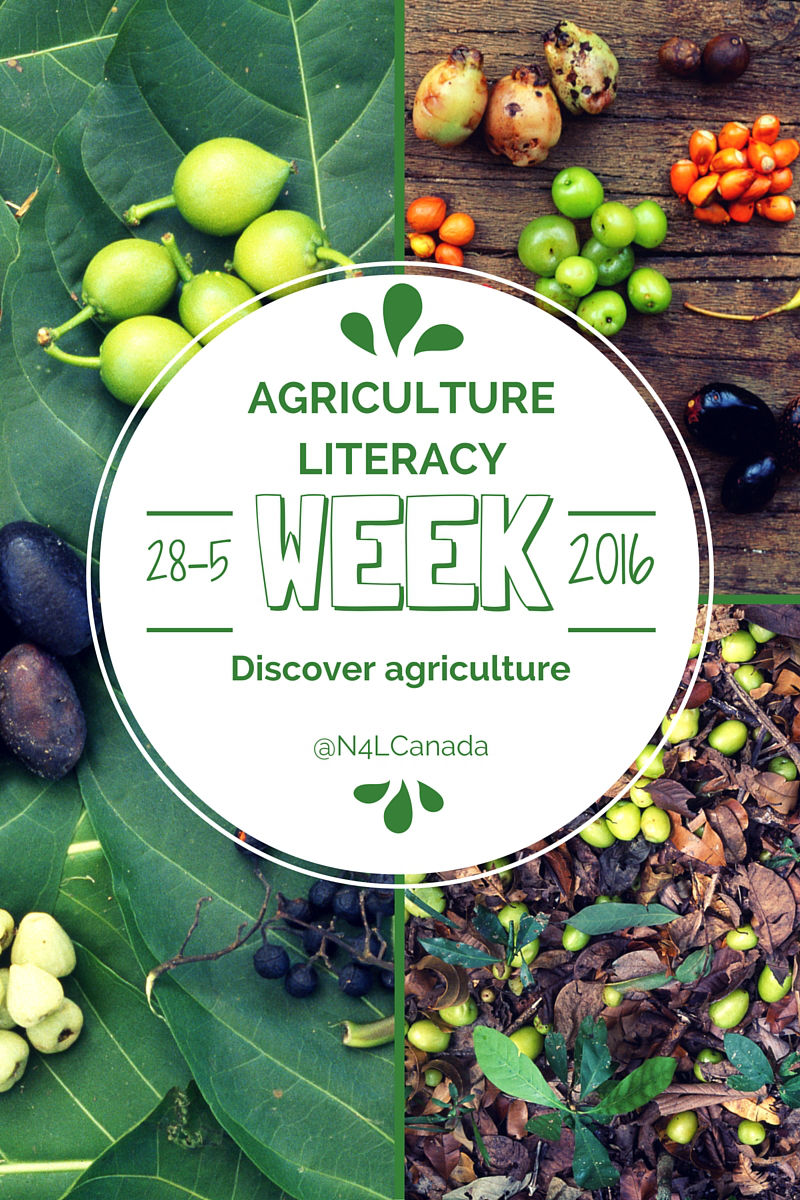
What does it mean to be agriculturally literate? It is an understanding of the relationship between agriculture and the
environment, food, fibre, technology, and the economy. Anyone can acquire agricultural literacy, no matter their age or background. However, it can be daunting to tackle such a broad topic. Below are four key benefits of agricultural literacy.
Understanding nutrition and food production
Agricultural literacy will help clarify the link between how your food is grown and how it impacts your health. By understanding the science behind food production, you will learn how plant nutrients, such as fertilizer, provide nutrients to the soil which in turn, provide food to plants. When you consume the vegetables, you consume the essential nutrients your body needs. These nutrients benefit plants and bodies alike by helping with cell strength and vitality. Understanding agriculture will help you make these connections easily and evaluate them critically.
Knowing agriculture’s impact on the economy
Canadian Agriculture Literacy Week: Discover Agriculture
fertilizer’s economic activity contributing over $12 billion alone. Did you know that manufacturing is a critical component of the agriculture industry? The majority of the population depends on the manufacturing industry to have food products readily prepared for purchase. According to Agriculture and Agri-Food Canada, “the food and beverage processing industry is one of the largest manufacturing industries in Canada with annual sales worth $98.8 billion. It accounts for 16 per cent of total manufacturing shipments and is the largest manufacturing employer by providing jobs to 283,000 Canadians.” Being agriculturally literate will help you evaluate agriculture’s impact on the Canadian economy and analyze it from a critical standpoint.Canada’s agriculture and agri-food industries contribute over $100 billion to the country’s annual economy, with
Realizing the different careers available
Of course the Canadian agriculture industry employs farmers, but did you know that the fertilizer industry contributes to over 12,000 highly paid, highly skilled jobs? This includes engineers, scientists, and tradespeople from mines, production plants, and labs. The fertilizer industry also relies on critical jobs in related supply and service industries, such as transport, to deliver products to our customers around the world.
The agriculture industry employees a wide range of people in fields such as communications, education, or business. Being agriculturally literate will give you a better understanding of the lifecycle of food, and what careers exist to make production possible.
Understanding environmental decision-making
Having an understanding of environmental decision-making is important in agricultural literacy, and can be done fairly easily. By gaining this crucial insight, one will begin to explore how natural resources are conserved in agriculture, leading to an awareness of specific soil conservation practices utilized by farmers, such as 4R Nutrient Stewardship (Right Source @ Right Rate, Right Time, Right Place®). This will allow you to understand how family farms value the environment, creating a long-term sustainable operation to feed our communities. By the end, you will acquire the ability to analyze the soil and water conservation practices used on Canadian farms and determine how they can be implemented in your home and when making daily decisions.
It is the collective responsibility of all Canadians to know and understand how their food is made, what conservation efforts are being taken, and why the agriculture industry matters to our nation. Becoming agriculturally literate will ensure this goal is met.
Nutriments pour la vie est soutenu par: